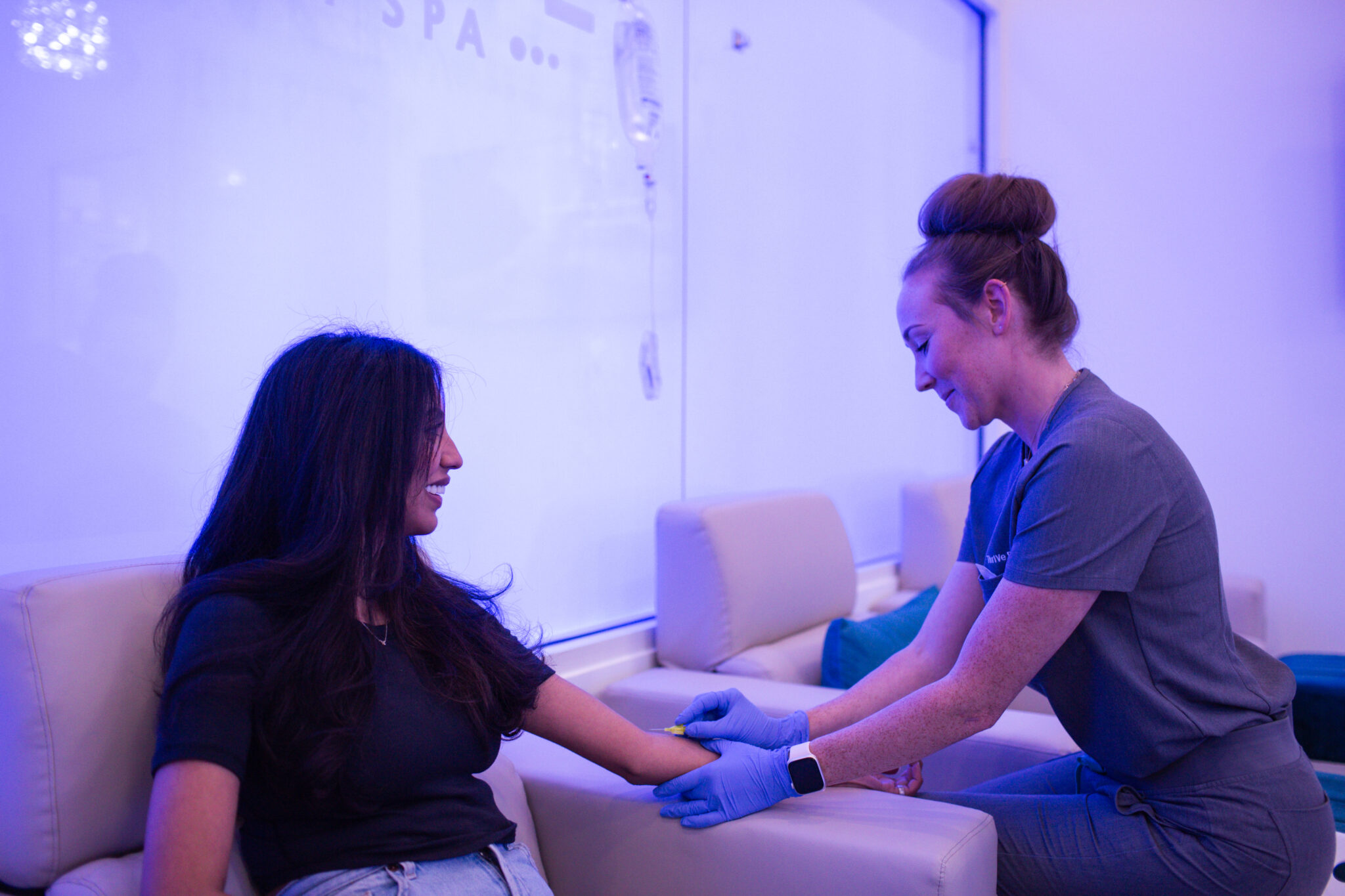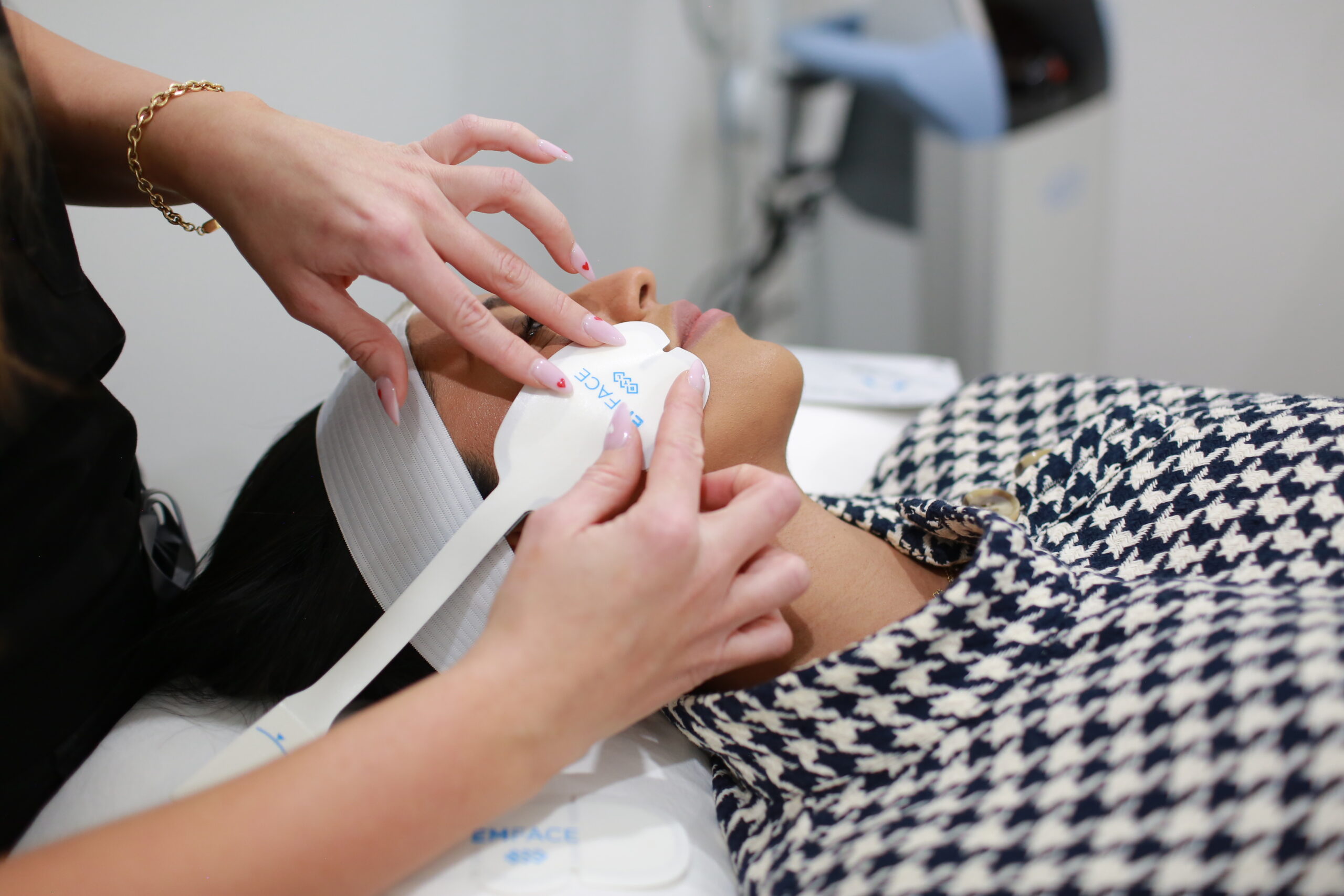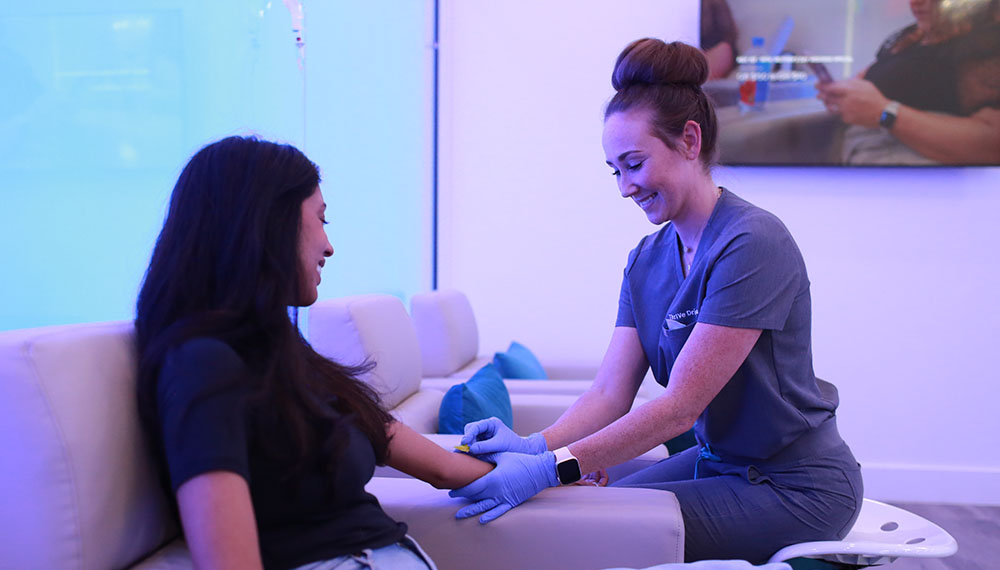When many people think about vitamin D, they likely think about their bones. Vitamin D is known for helping to balance minerals like calcium, phosphorus, sodium, and magnesium for healthy bone formation and mineralization. Interestingly, Vitamin D is not actually a Vitamin but a prohormone that is produced in the body in response to sun exposure and/or certain foods and supplements. Vitamin D insufficiency is found in 50% the worldwide population due to lifestyle, environmental factors and lack of Vitamin D food groups.
Vitamin D is unique because it can be made in the skin from exposure to sunlight. It exists in two forms, Vitamin D2 and D3. Vitamin D2 is found naturally in sun-exposed mushrooms and Vitamin D3 is most commonly produced in response to sun exposure or oil-rich fish, hence the more “natural” form.
Without the proper amount of Vitamin D, the human body is only able to absorb 10-15% dietary calcium and about 50% of phosphorus is absorbed. If you don’t get enough sunlight or foods rich in Vitamin D, your body may respond in one of the following ways:
- Regular sickness or infection
- Fatigue
- Bone and back pain
- Low mood
- Impaired wound healing
- Hair loss
- Muscle Pain
What causes deficiencies?
- Darker skin tones and sunscreen reduce the ability to absorb UVB rays which prevents the skin from producing Vitamin D due to lack of absorption.
- Sunscreen reduces the body’s ability to synthesize Vitamin D by 95%
- Geography: if you live in the north, there’s a lot of pollution, work at night or are homebound, you are more prone to being Vitamin D deficient.
- Breastfeeding: Infants who exclusively breastfeed need a Vitamin D supplement, especially if they have darker skin or minimal sun exposure.
Our bodies produce Vitamin D when our skin is exposed to the sun; however, skin tone affects the production of Vitamin D. A lighter skin tone will only need about 45 minutes a week of sun exposure while a darker skin tone may need up to three hours. Prolonged exposure in sunlight can have consequences over your lifetime – as little as 60 seconds of UVA exposure to the sun can increase your risk for melanoma. The problem is: though sunscreen is an important step in skin cancer prevention, it also blocks 95% of the exposure. Clouds, clothing and work all also drastically reduce how much sunlight reaches the skin, especially in the northern areas.
What are some benefits of taking Vitamin D?
- Promotes healthy bones and teeth
- Supports immune, brain and nervous health system
- Regulates insulin and supports diabetes management
- Supports lung function and cardiovascular health
At ThrIVe, we are committed to improving your health and over-all wellbeing. We are now offering Vitamin D shots, as long as your blood-work supports receiving treatment. We will accept blood-work from your doctor’s office, as long as was drawn within the last 90 days. If you’d like to have your blood drawn at ThrIVe, we request you bring in your insurance, ID and a form of payment. You will be contacted with your results. Why do we need your blood drawn?
What happens if you get too much Vitamin D:
- Loss of appetite
- Dry mouth
- Metallic taste
- Vomiting
- Constipation
- Diarrhea
Once our Medical Director signs off on your Vitamin D levels, you are able to receive one shot for up to six weeks. Once the six weeks are completed, we kindly request your blood-work to be run before starting a next series of shots.
Again, maintaining wellness has never been more important and we hope you have a better understanding after reading this article. For any other questions or concerns you may have, please feel free to contact us at either of our following locations:
Memorial
1014 Wirt Rd Suite 210
Houston Tx 77055}
(713) 352-7703
West University
3277 Southwest Freeway
Houston Tx 77027
(713) 913-4492
Woodlands
9595 Six Pines Dr Suite 1460
Woodlands Tx 77380
713.343.3747





